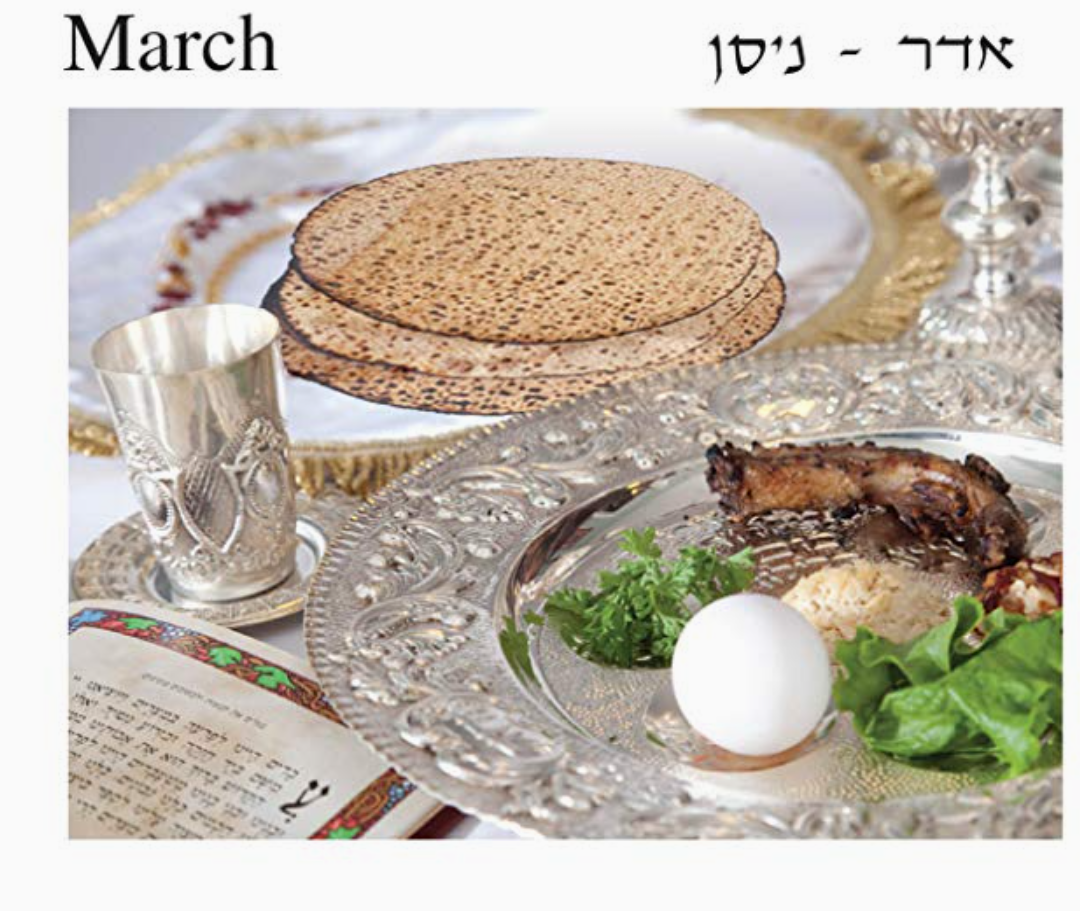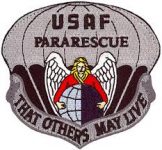How Are We Referred To
The names commonly used to refer to us as believers are Messianics (those who believe in the Messiah) and Yahvists. We go to a lot of trouble to declare the name of YaHVaH and His Son, Yahoshua, Our Savior, only to have it inadequately represent us because of how we are referred to.
Messianic is a derivative from Messiah, but both are the English-cized version of the Hebrew word Mashiyach. Just as the words Christ and Christians are also the English versions of the same word after it was first used in Hellenized (Greek) form.
English replacement of Hebrew: Messiah vs. Mashiyach
English replacement of Greek: Christ vs. Christos
Notice how the first ‘a’ is changed to an ‘e’, the ‘sh’ is changed to ‘ss’, and the ‘y’ and ‘c’ are dropped at the end in the Hebrew. Then to further complicate things, the ‘h’ is dropped to add ‘nic’ at the end to refer to us.
Try telling people you are a Messianic believer and the response you sometimes get is this, “Is that like the Masons?” Heaven forbid that we were to ever be like the Masons. Anyway, it takes a few minutes to explain the difference to them and some people still may not understand.
Why can we not refer to ourselves as Mashiyachians using the real Hebrew word? Maybe it is even harder to explain, but at least it would be more correct, just like YaHVaH being the correct name.
Then there is the word Yahvists. Why? OK, let us explore this. We know that YaHVaH is the true and correct Name of our Heavenly Father and that the shortened version YaH is used in the Psalms numerous times as well as at the end of some Hebrew names. So why pick something in between? Either we should be YaHists or YaHVaHists, maybe even YaHVaHiys, but not Yahvists.
OK, you may be thinking, “What is the big deal?” Well maybe nothing or it may be just as important as the use of the Name YaHVaH, instead of LORD used in the King James Version. We would be better off representing ourselves in the same way and spirit that shows the full Name of YaHVaH.
As some of you might know, I am a proponent for using the correct Hebrew names in general for Biblical reference because some have been even more radically altered by the English. For example, Eve is not the correct Hebrew name. We render Adam correctly, but then change the name of his mate. The correct rendering for her name is Chavvah and it is this name in Hebrew that means ‘giver of life.’ I could go on and on, but alas! English is what we know and use. It is what we are comfortable with. Should we be? “Whatsoever things in fact, were written aforetime, all for our own instruction were written in order that through patience and through the encouragement of the Scriptures we might have their hope.” Rom. 15:4, ROSNV.
2 Timothy 2:14-15 says, “Of these things be putting them in rememberance, adjuring them before YaHVaH not to be waging words battles, useful for nothing occasioning a subversion of them that hearken. Study to show thyself approved unto YaHVaH, a workman not to be put to shame, skillfully handling the word of truth.” ROSNV.
Next is your personal name. Did you know the Word says you will receive a new name? Read Isaiah 62:2-4 and Revelation 2:17. My new name that was given to me is ‘Obad’yah (servant of YaHVaH). But wait, I am sure some of you are saying, I can pick any new name that I want. No, that is not it. Scripture is quite plain that the new name will be given by YaHVaH (Ge. 17:5, Abram to Abraham) or Yahoshua (Mark 3:16 & Luke 6:14, Simon renamed Peter) personally, by a messenger (angel) (Ge. 32:28, Ya’aqov renamed Yisra’el), or by the Holy Spirit speaking as directed. Mine was the latter. It also does not mean your original name is totally forsaken or not to be used because Yisra’el is sometimes still called Ya’aqov and Peter was referred to as Simon Peter. You may be wondering how you will receive a new name. First, there is more to it than the name, there is the new heart and the new spirit, spoken of in Ezekiel. And according to the New Testament we became a new man/creature in the Mashiyach (Messiah). All of this involves repentance and a relationship with YaHVaH through Mashiyach. All of my examples I used above had a relationship with YaHVaH or His Son and He used them in a mighty way. Each can also be seen in the context of a foreshadow of Yahoshua’s death and His resurrection.
How does this all tie together? Mentioned earlier was how we should represent YaHVaH to the fullest. The name is a start, but if it is in name only the we are a sounding board with no real life in us. Let us represent YaHVaH through His Son, Yahoshua HaMashiyach, by showing His love, His mercy, His grace, and His compassion to others, as well as showing how His relationship with us has impacted our own lives personally. Then and only then will we be referred to by others in the correct manner. The may use our new name given by YaHVaH, they may call us more appropriately Mashiyachians or YaHVaHists, or they may only call us believers, but most importantly they will refer to us as the love of YaHVaH manifest here on earth towards them.
First published 9-2003, © 2003, 2017
Return to Table of Contents
Or continue on to Pure Etymology







